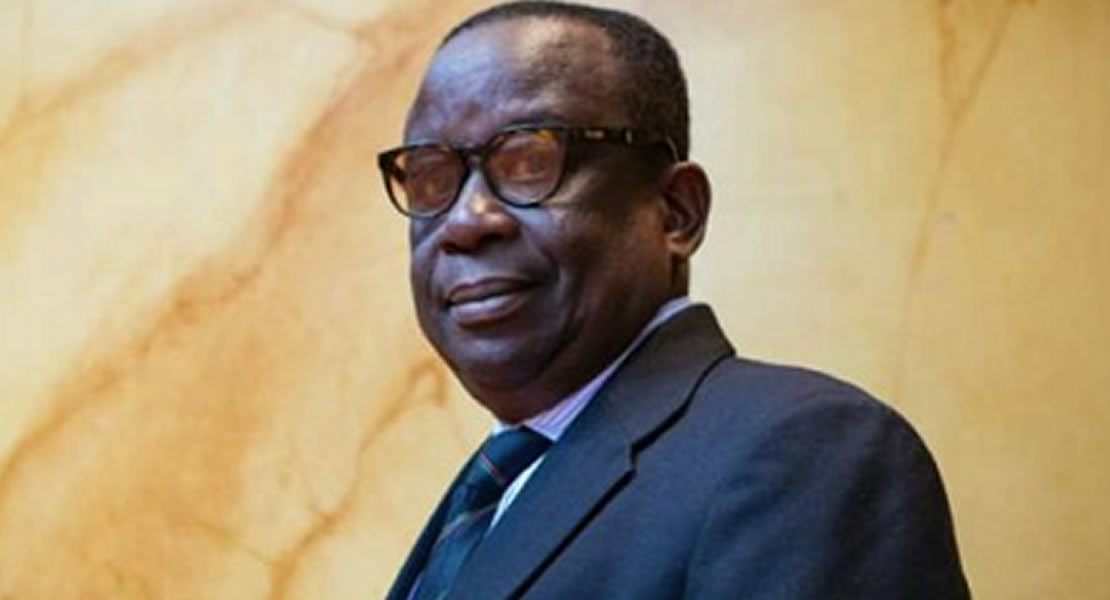
Mr. Albert Kan Dapaah, Chairman of the Public Accounts Committee of Parliament, on Monday noted that the independence of the Auditor General in the public financial management is central to the audit process.
He therefore stated that the position of the Auditor-General should not be politicized to ensure a better public financial management system in the country.
“If the Auditor-General is to audit the Finance Minister, then, the budget of the Auditor-General should not be determined by the Finance minister,” he said in support of a lecture by Professor Henry Kwasi Prempeh, a lecturer from Seton Hall University in the United States.
Prof. Prempeh spoke on the theme: “The 1992 Constitution and Public Financial Management: Challenges and Opportunities for Reform.”
The lecture was delivered at a public forum organised jointly by the National Constitutional Reform Coalition and the Centre for Democratic Development.
Mr. Dapaah who is also the Member of Parliament for Afigya Sekyere West said routine spending by government in excess of appropriated amounts must be stopped.
He expressed dissatisfaction about the way budgets are prepared in Ghana, stressing: “We need to stop the practice where a Minister thinks of a fanciful project, convince the president about it and force it into the budget.”
Mr. Dapaah noted that documents sent to parliament for approval are merely for rubber stamping purposes.
Prof. Prempeh had earlier suggested a repeal or revision of Article 108 to leave parliament free to introduce or consider bills or amendments even where such amendments would impose a charge on government revenues.
He said: “Instead of the blanket prohibition of new spending contained in Article 108, a rule could be adopted, which would allow parliament to consider amendments for new spending proposed by Members of Parliament as there is no net increase in overall or aggregate spending.”
Prof. Prempeh also commented on the time frame for government to submit proposed budget estimates to parliament, saying, one month to the end of the fiscal year is a rather short time frame and does not give the house and its committees sufficient time to review, examine and deliberate upon the government’s budget proposals for the year ahead.
“If all we intend and expect parliament to do is to make rhetorical noises about the budget and then proceed to dutifully rubber stamp it, then I suppose a one month time frame is more than enough,” he added.
Prof. Prempeh called on government to disclose and publish periodically certain specified information relating to governance and state of the nation’s resources, saying, the constitution could require that every disclosed information should be certified, first as accurate by the Bank of Ghana, the Auditor-General and the Public Accounts Committee of Parliament.
Source: GNA